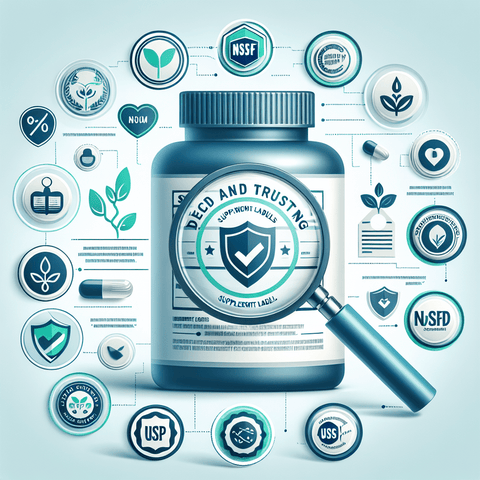Navigating supplement label regulations is essential for any brand that wants clear, compliant communication with consumers. This honest, compliant-label guide helps you understand what must appear on a product label, how to present it, and why accuracy matters. By focusing on the core requirements of supplement label regulations, you can reduce risk and set a professional standard from the first label draft. The goal isn’t guesswork—it's a straightforward framework you can apply at every stage of product development. Key elements mandated by supplement label regulations include product identity, net quantity of contents, business name and address, and a complete list of ingredients. Most markets require a dedicated panel (often called a Supplement Facts panel) that shows serving size, the amount of each ingredient per serving, and the total servings per container. All label statements should be truthful and not misleading, and any allergens or warnings must be disclosed where required. It’s also common for labels to include manufacturers’ contact information, batch or lot codes, and expiration dates to aid traceability. Creating a field-tested label template aligned with supplement label regulations helps ensure consistency across SKUs. Enforcement actions can occur when labels misstate information or omit required details. Penalties range from warning letters and product seizures to injunctions and civil penalties, depending on jurisdiction and the severity of the violation. To avoid penalties, implement a robust labeling program: maintain current reference materials, verify label content against regulatory requirements, implement batch-level checks, and document any changes before they go to print. Regular internal audits and supplier attestations can catch issues early and keep you on the right side of the rules. Beyond compliance, honest labeling supports consumer trust. When labels accurately reflect what is on the bottle and avoid unsupported claims, you project reliability and professionalism. A clear, compliant approach also simplifies regulatory reviews and reduces costly recalls or reformulations down the line. Start now by aligning your product development workflows with your target markets' supplement label regulations, investing in labeling templates and governance processes, and seeking regulatory counsel when needed.

